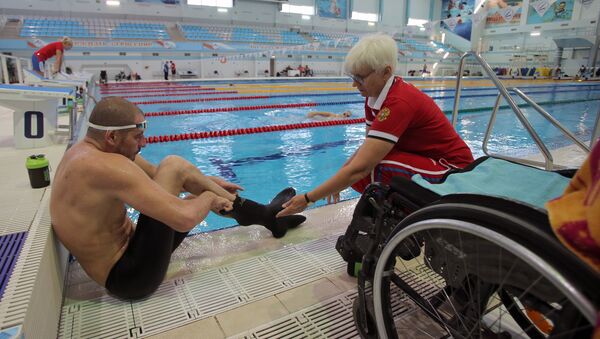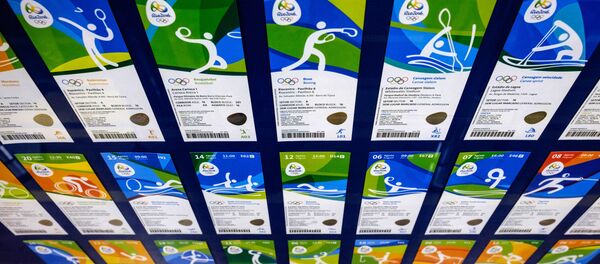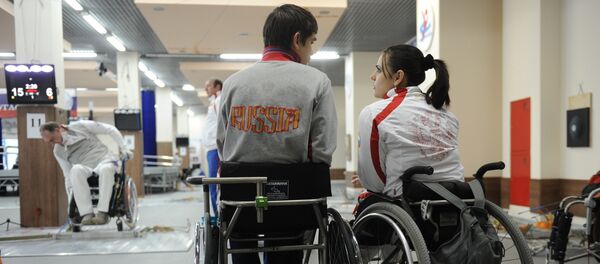On August 7 the International Paralympic Committee (IPC) chief Philip Craven suspended Russia from the games, which take place September 7-18. Craven cited Russia's alleged failure to comply with the organization’s anti-doping rules.
President of the Russian Paralympic Committee (RPC) Vladimir Lukin has responded that Russia has "irrefutable evidence" of compliance with global anti-doping obligations. After the failure of its appeal to the CAS, Russia has said it may file a lawsuit with the European Court of Human Rights against the ban.
Sports lawyer Artem Patsev told Sputnik that the reason for the blanket ban is unclear, since the CAS is yet to release the full text of its ruling. However, Patsev said that the McLaren investigation on behalf of WADA into allegations of widespread doping in Russian sport, should not have had a bearing on the CAS decision.
"What relation does that (the McLaren report) have to the RPC, which is not a state organization?"
"There is no evidence of (Paralympic) sportspeople or officials from the RPC taking part in those doping violations. Why are they being involved (in the doping scandal)?" Patsev asked.
"The CAS press release about today's decision gives some hope, because it makes an important point. It asserts that the CAS panel of judges did not consider the "natural justice rights or personality rights" of the individual athletes when making its decision."
"From the athletes' perspective, this decision is a slap in the face for people who have really achieved something, have overcome illness and physical problems. They have prepared well for serious competition, and these Olympics could be the only (chance) of someone's life. This is disregard for the fundamental principles of Olympism, as well as for the rights of people with disabilities," Patsev said.
Inna Deriglazova, a Russian fencer who won a gold medal in the individual foil event at this month's Rio Olympics, told Sputnik that the CAS decision is "utterly absurd," and unfair on Russian Paralympic athletes who have spent years preparing for the competition.
"This is great shame for the sportspeople. They have been preparing and working for this their whole lives, they want to win medals. How can they do this? On what basis? They don't have any basic evidence, they can't produce anything, they are banning them for no reason. I can't understand it," Deriglazova said.



